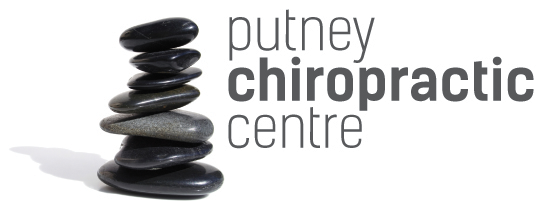Intermittent fasting
Okay, so I’ve had a lot questions this past year about “intermittent fasting”…
For those who don’t know what it is, here is a reasonably good 3-minute primer. As someone who has studied nutrition extensively for around 25 years, I can definitely tell you that there are many evidence-based benefits to any form of fasting, which include:
– reduced risk of nearly all chronic illnesses – including cancer, diabetes, arthritis, and heart disease
– easier weight loss
– increased life span
– increased brain function
– improved immune function
– healing and cell regeneration
– improved mood and energy
Intermittent fasting is basically where you consume your meals in a shortened window of time, thereby lengthening the time in a day that your body goes without food. In many cases, people will eat between two and three meals per day, and within a window of six to eight hours. For example, beyond a cup of tea or coffee first thing in the morning, you would wait until around noon to have your first meal of the day, with your last meal occurring some time between 6pm and 8 pm.
Intermittent fasting isn’t necessarily focused on reducing the amount of food you eat, although the net effect may be that you consume a little less overall. However, unlike crash diets, which are inherently unhealthy and usually unsuccessful, with intermittent fasting you are encouraged to eat normally and healthily during that shortened window of time. The fasting part, of course, occurs in the 16 to 18-hour period where you are not eating anything, a least half of which you should be sleeping.
Though the physiology is a bit complicated, fasting essentially triggers hormonal changes in the body that would appear to have many rather exceptional health benefits. And there is pretty strong evidence to suggest that evolution designed us to not only survive but to thrive through periods of very low food intake.
It turns out that fasting seems to “re-boot” a number of our most important physiological systems! Ask anyone from the Islamic faith who has just finished Ramadan and most will tell you that they feel a sense of rejuvenation and cleansing as a result of daily fasting for nearly a month. For those trying to lose weight or trim down a bit, intermittent fasting may provide a far healthier alternative to the wide variety of fad and starvation diets.
Next blog, I’ll touch on the perils of sitting for a living, and how to survive a desk job without ruining your body!
